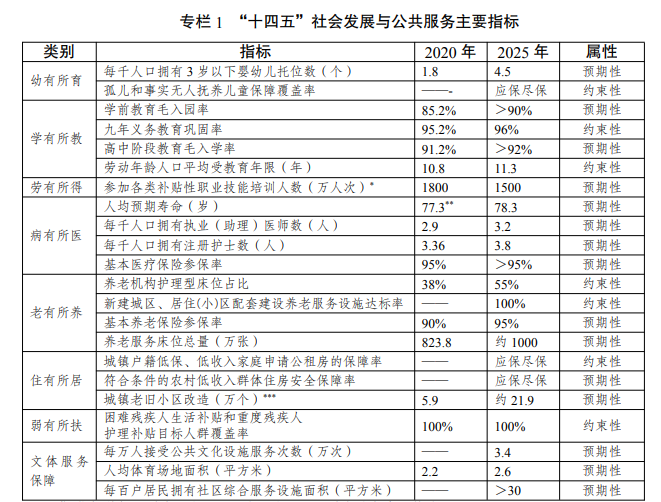The E-CNY Industry Alliance (ECIA) announced the addition of 26 new members on April 28 at a digital RMB industry forum during the 6th Digital China Summit in Fuzhou, Fujian province.
Representatives of new members of the E-CNY Industry Alliance (ECIA) pose with their membership credential certificates during a digital RMB industry development forum at the 6th Digital China Summit in Fuzhou, Fujian province, April 28, 2023. [Photo courtesy of Newland Group]
 【资料图】
【资料图】
The ECIA, led by Newland Digital Technology Co. Ltd. and Huawei, originally comprised 37 members, including banks, high-tech giants, and colleges. Its mission is to promote the adoption and development of the digital RMB industry.
The new members, consisting of one vice-chair entity, 15 director entities, and 10 member entities, encompass research institutions and enterprises involved in the industry chain. The expansion diversifies the alliance"s membership to include a broader range of financial institutions, research organizations, central enterprises, state-owned enterprises, and private firms. The ECIA also announced it would set up a secretariat office in Macao.
Wang Jing, CEO of Newland Group and the director-general of the alliance, stated that the digital RMB is essential for the high-quality development of the digital economy and the realization of Digital China.
Wang emphasized the need for coordination among government departments and cooperation from industry stakeholders.
She also emphasized the importance of expediting the establishment of an alliance think tank, facilitating the swift implementation of research findings, and leveraging the collective strengths of all industry stakeholders to explore innovative avenues, models, and markets for "digital RMB+." These efforts will contribute to serving the nation, society, and the broader population.
During the sub-forum, government, industry, academia, and research representatives in the digital RMB field exchanged ideas and shared experiences.
Wang Qinmin, former vice chairman of the 12th CPPCC National Committee, underscored the importance of digital RMB for national financial infrastructure. He called for a people-centered approach, accelerating pilot applications, improved financial service mechanisms, and continuous top-level design improvements. Wang emphasized the need to utilize smart contracts to create an open-source ecosystem that encourages all parties to promote independent market activities. He said the objective must be to construct a digital RMB pilot application ecosystem and establish a receptive environment.
Academician Kong Zhiyin of the Chinese Academy of Engineering underscored the importance of data security in the era of big data, adding that it is crucial to reconstruct the methodology of data security protection. Kong suggested utilizing blockchain as the underlying architecture and building a data value security exchange system, while implementing data security governance using a process-oriented approach. Additionally, he emphasized the need to continuously innovate data security technologies.
The term "smart contracts" emerged as a prominent topic at the sub-forum. Li Jie, a chair professor at Shanghai Jiao Tong University, provided an analysis of how smart contracts can empower the high-quality development of the digital RMB industry.
Song Yuqian, a senior expert from the preparation team of the digital currency company under the Industrial and Commercial Bank of China (ICBC), presented the comprehensive digital RMB smart contract platform that ICBC is developing. The platform is intended to empower financial innovation in digital government, enterprise management, and smart livelihoods.
Zhang Xiaojun, Huawei"s chief blockchain strategist and Huawei Cloud Blockchain Service CTO, explained how Huawei"s products contribute to developing smart contract full-chain construction and create the infrastructure foundation for "digital RMB + smart contract."
The 6th Digital China Summit held in Fuzhou on April 27-28 showcased various initiatives to encourage digital RMB adoption, including the distribution of digital RMB consumption coupons at scenic spots and the allocation of 15 million yuan ($2.2 million) in digital RMB subsidies for car purchases during a car promotion event. Banks with pilot programs also set up digital RMB displays and experience areas, providing interactive experiences for summit guests and visitors to enhance their understanding of digital RMB.































